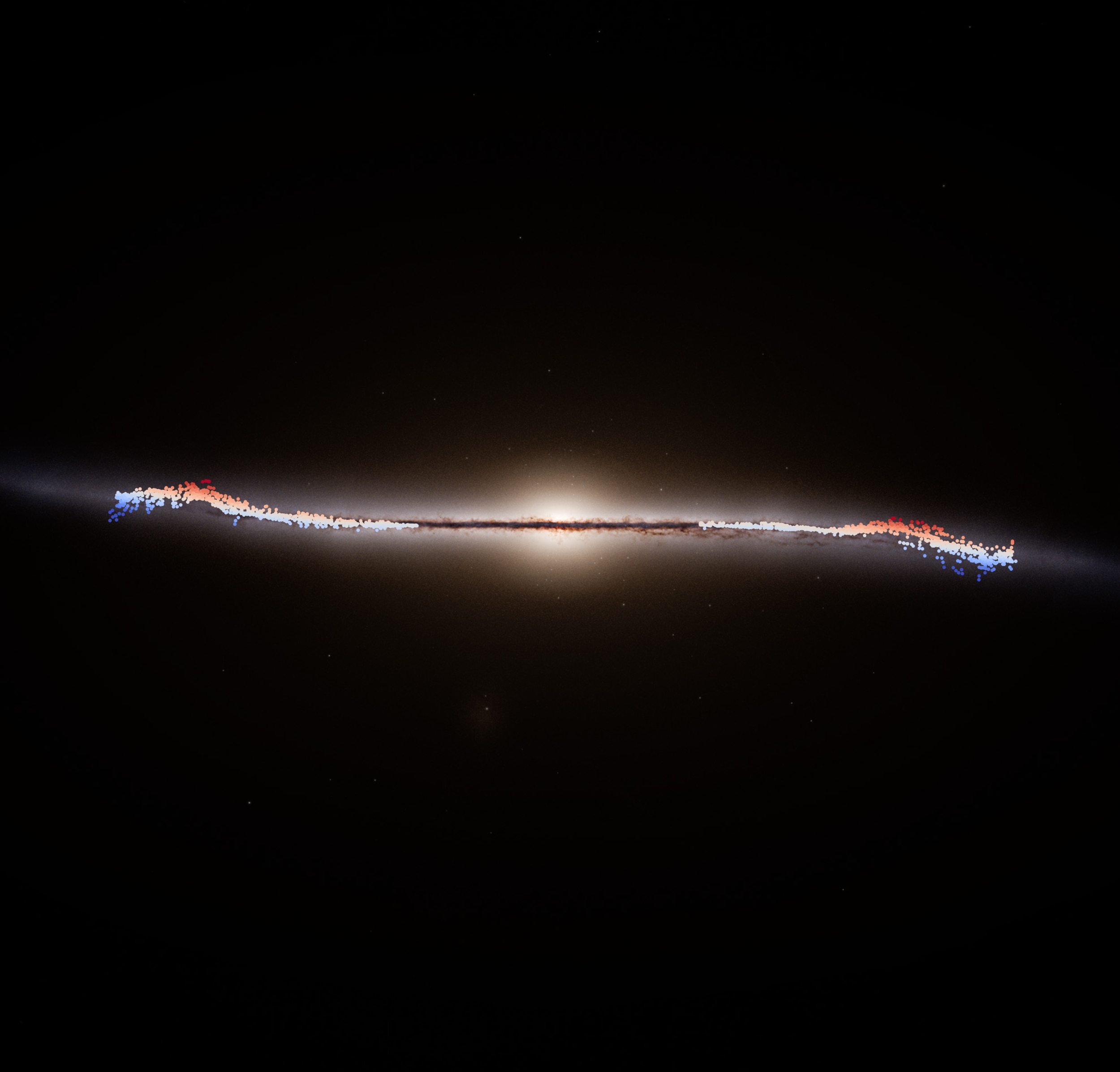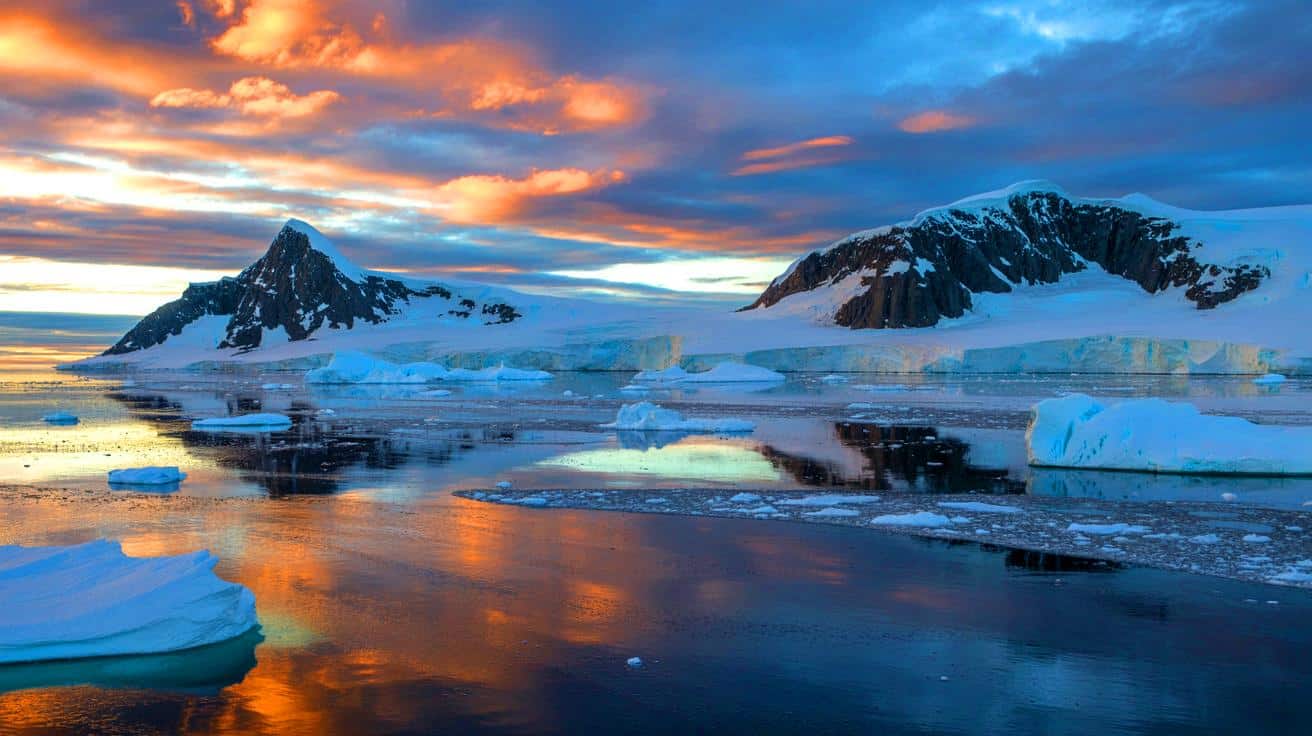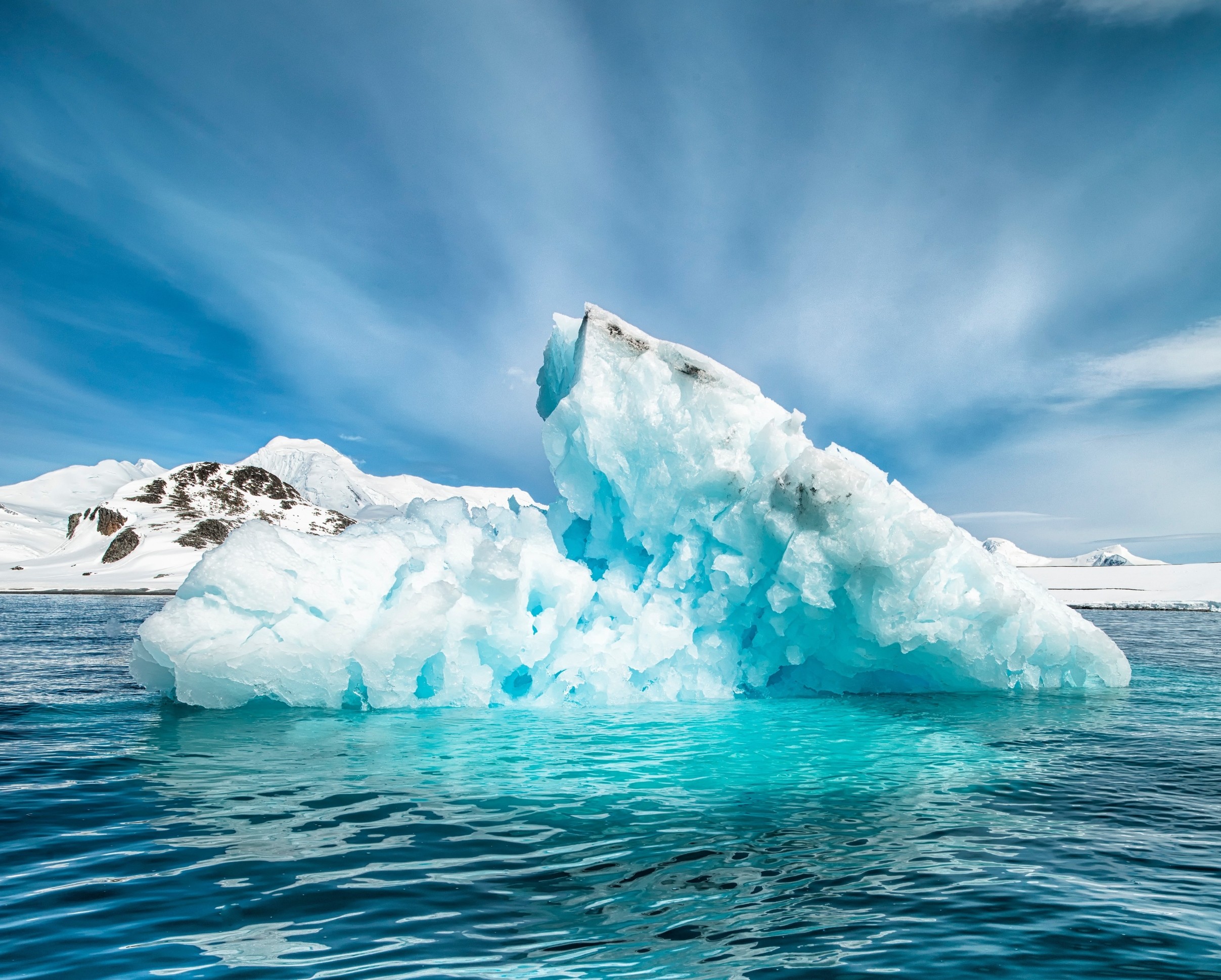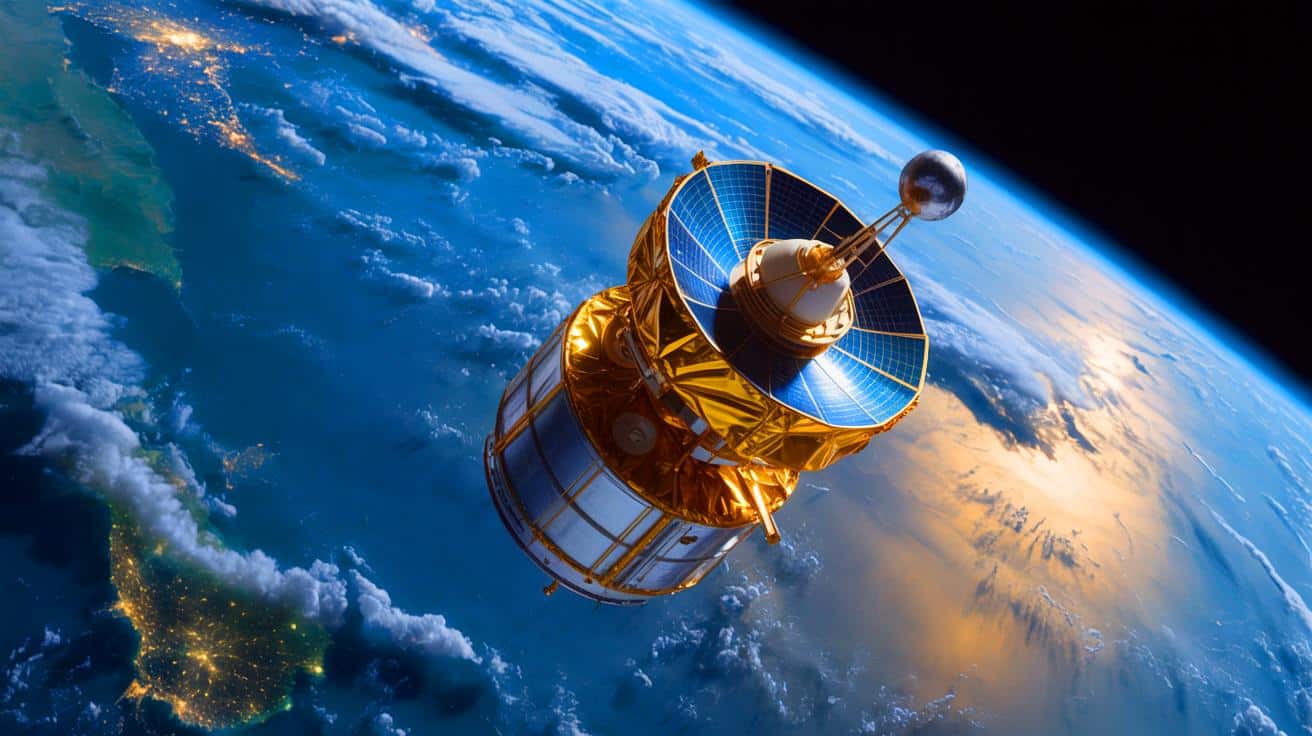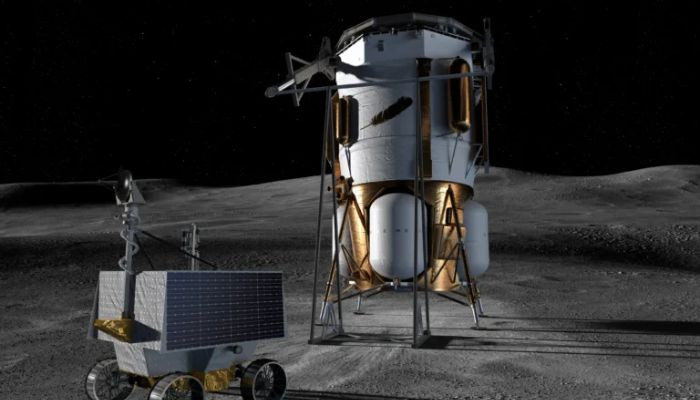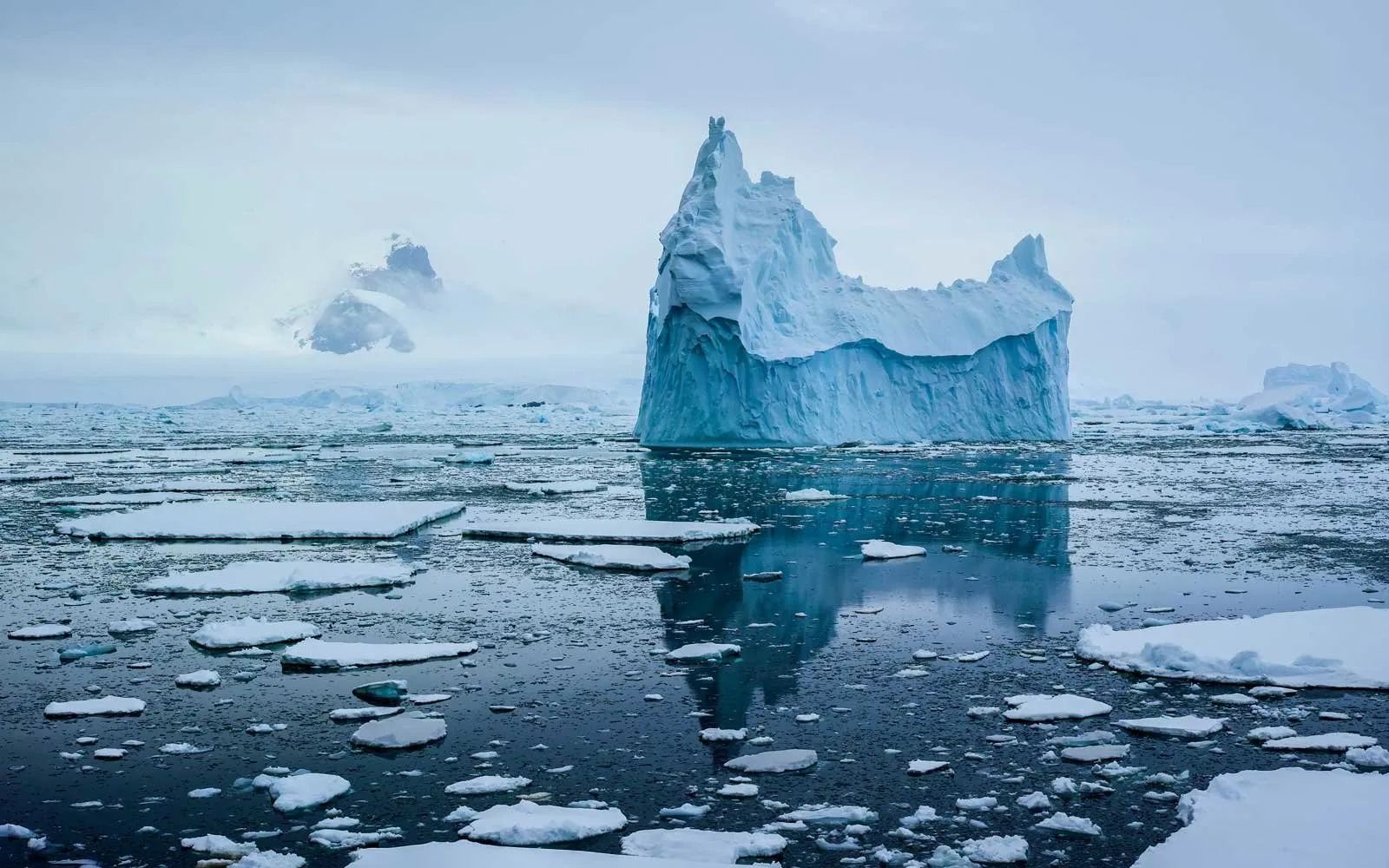Unbelievable Discovery: Saturn's Moon Enceladus May Hold the Key to Extraterrestrial Life!
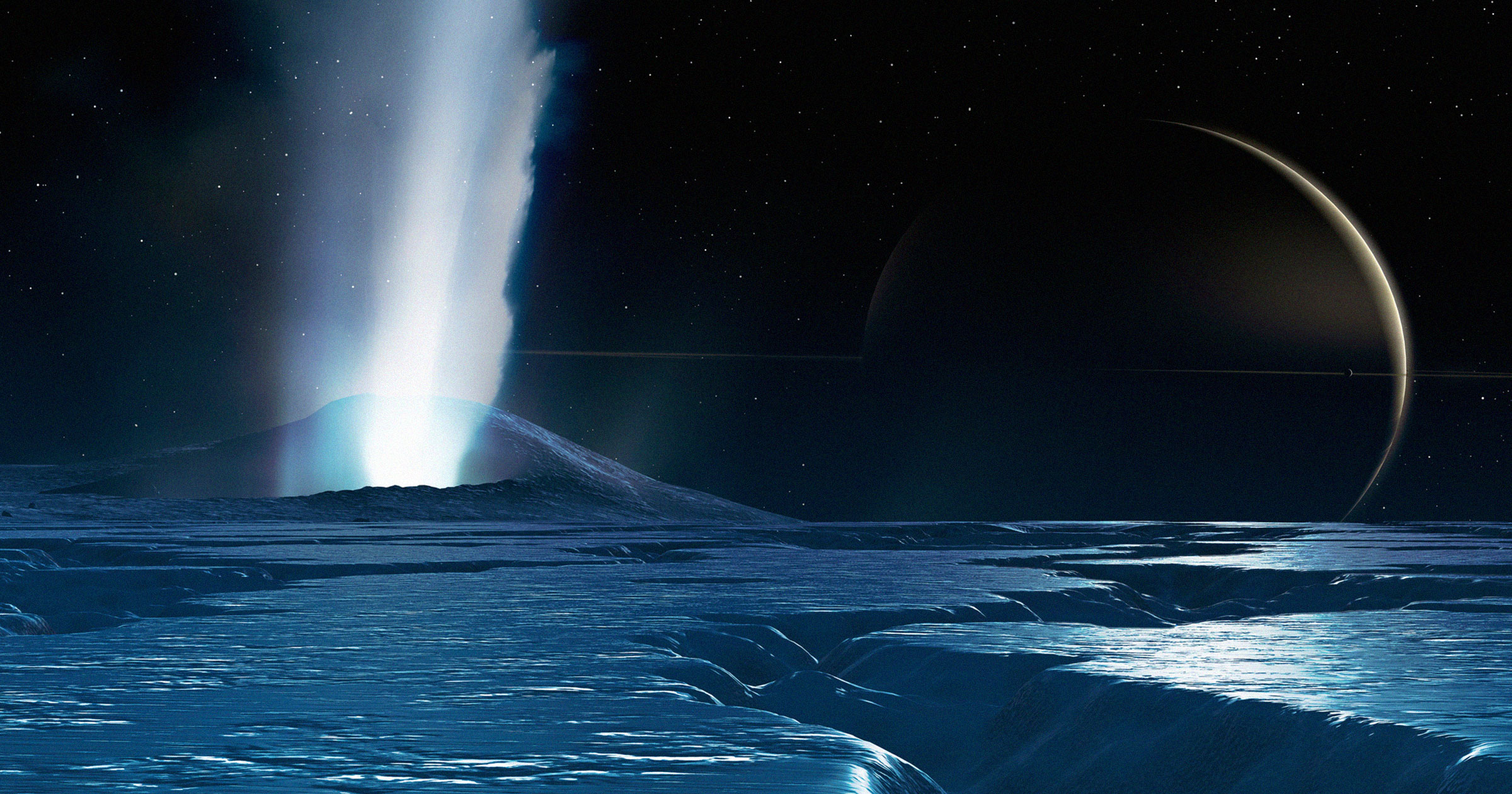
Imagine a tiny moon in our solar system that could potentially harbor life beyond Earth. Astronomers have just unveiled astonishing findings about Saturn’s moon, Enceladus—it's not just a ball of ice, but a treasure trove of complex organic molecules! This groundbreaking revelation suggests that Enceladus may be one of the most promising places to search for extraterrestrial life.
Published in the journal Nature Astronomy, this study takes us on a cosmic adventure through data collected by NASA and the European Space Agency’s Cassini spacecraft. Between 2005 and 2015, Cassini explored Enceladus, revealing that beneath its icy surface lies a suspected underground ocean teeming with chemical reactions traditionally linked to life on Earth.
“Cassini was detecting samples from Enceladus all the time as it flew through Saturn’s E ring,” said Nozair Khawaja, the lead author and researcher from Freie Universität Berlin. “We had already found many organic molecules in these ice grains, including precursors for amino acids.” This means that the very building blocks of life could be swirling in the moon’s ocean.
The team’s pivotal discovery hinged on ocean spray data from Cassini’s Cosmic Dust Analyzer back in 2008. They noticed that the ice grains were not just frozen water; they also carried a mix of organic compounds, including nitrogen- and oxygen-bearing molecules, ethers, and esters—some never seen before!
These organic molecules are crucial in the chemical pathways believed to lead to life. “There are many possible pathways from the organic molecules we found in the Cassini data to potentially biologically relevant compounds, which enhances the likelihood that the moon is habitable,” Khawaja said.
However, before we start booking flights to Enceladus, it’s essential to keep our excitement in check. Confirming life on this distant moon would require a dedicated mission to its surface, something that’s still in the conceptual phase. “There is much more in the data that we are currently exploring, so we are looking forward to finding out more in the near future,” Khawaja reassured us.
In an exciting twist, the European Space Agency is actively considering a spacecraft mission to Enceladus, as it “ticks all the boxes to be a habitable environment.” Even if we don’t find extraterrestrial life there, the discoveries could reshape our understanding of life's potential in the universe. After all, why wouldn’t life exist under such ideal conditions?



